Unpacking Kahneman: The Psychologist Who Reshaped Economics & Your Thinking
Beyond the Nobel: Unpacking the Mind of Daniel Kahneman
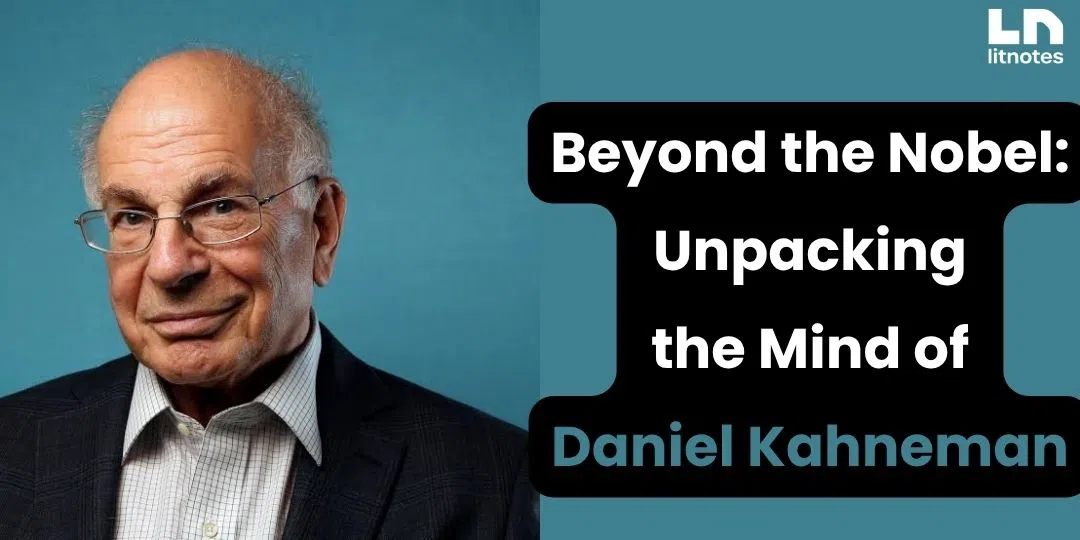
Daniel Kahneman, a name synonymous with groundbreaking insights into human judgment and decision-making, has left an indelible mark on fields ranging from psychology and economics to finance and even public policy. He's the psychologist who won an economics Nobel, the man who fundamentally changed how we understand our own irrationality. But who is the mind behind the revolutionary concepts of System 1 and System 2 thinking, and what are the works that have so profoundly reshaped our understanding of ourselves? Join us as we delve into the life and legacy of this intellectual giant, and discover the books that will challenge everything you thought you knew about how you think.
What it’s about: This modern classic explores two modes of thinking—System 1 (fast, intuitive) and System 2 (slow, rational)—and how they shape judgments, errors, and biases.
What it’s about: Co-authored with Olivier Sibony and Cass Sunstein, this book focuses on “noise”—random, unwanted variability in judgment—and shows how even trained professionals make inconsistent decisions.
What it’s about: This collection, co-edited with Amos Tversky, assembles foundational research on prospect theory, framing effects, and how people evaluate outcomes based on context rather than absolutes.
What it’s about: A landmark anthology that introduced core concepts of heuristics and cognitive biases, showing how people often make systematic errors when judging probabilities and risks.
What it’s about: Co-edited with Ed Diener and Norbert Schwarz, this book explores what makes people happy, how experiences are remembered, and the difference between moment-to-moment experience and memory-based evaluations.
Conclusion
Daniel Kahneman's profound contributions, from the dual-system model of thinking to the unpacking of cognitive biases, have not only earned him a Nobel Prize but have fundamentally altered how we perceive our own minds and the world around us. To fully grasp the depth and breadth of his revolutionary insights and their practical implications, exploring his seminal works is essential. For those seeking to efficiently navigate Kahneman's complex ideas and unlock a deeper understanding of human judgment and decision-making, the LitNotes AI app offers accelerated reading and insightful summaries, making his groundbreaking work more accessible than ever before.
Top Reading
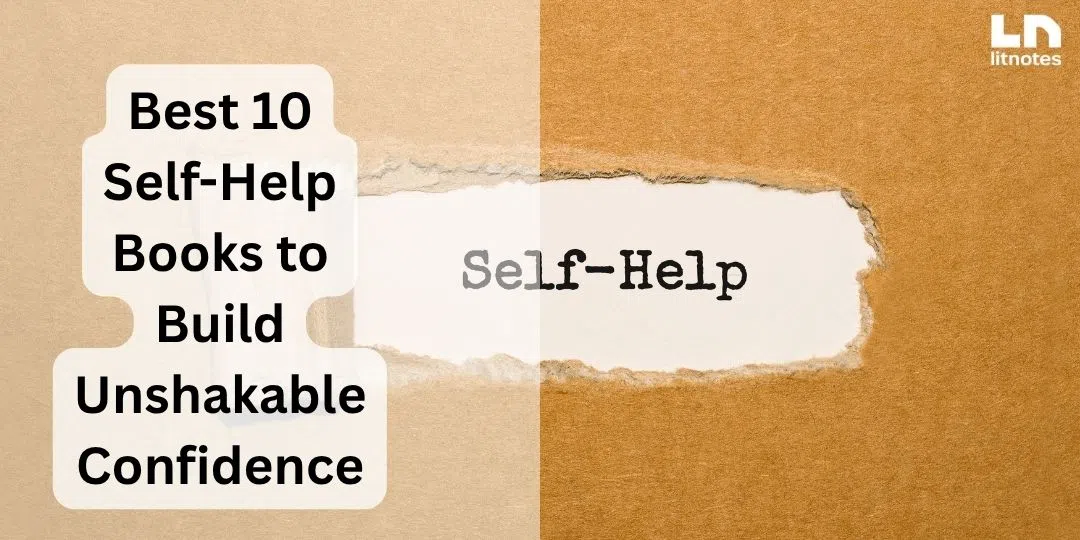
Best 10 Self-Help Books to Build Unshakable Confidence
By Draftix
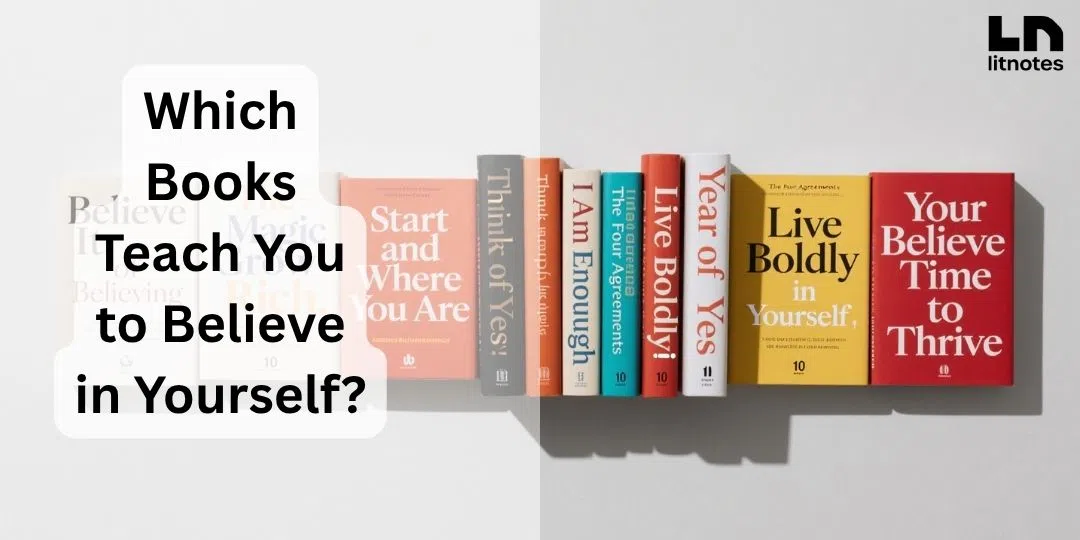
Which Books Teach You to Believe in Yourself?
By Penlet
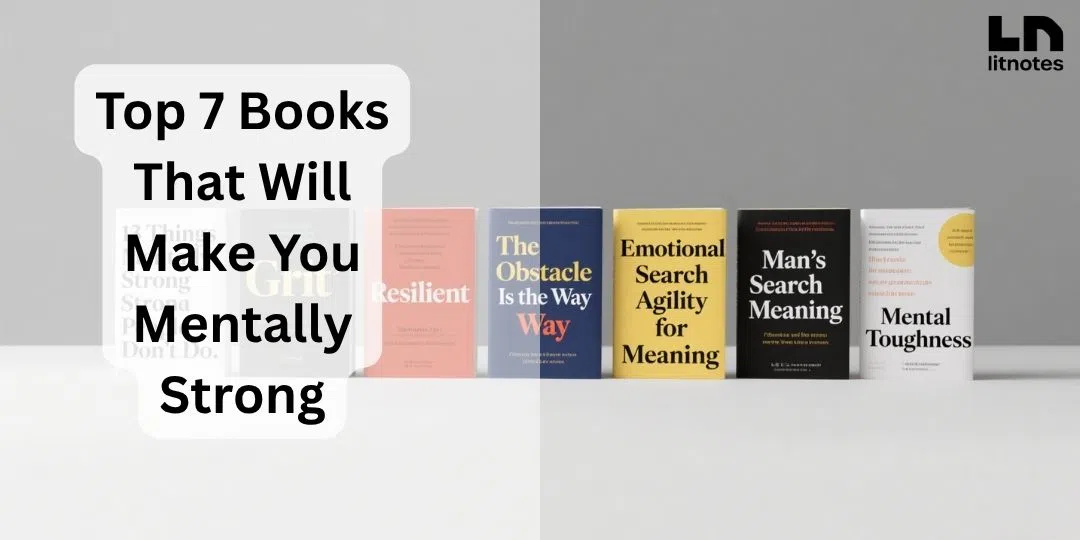
Top 7 Books That Will Make You Mentally Strong
By Scriblo
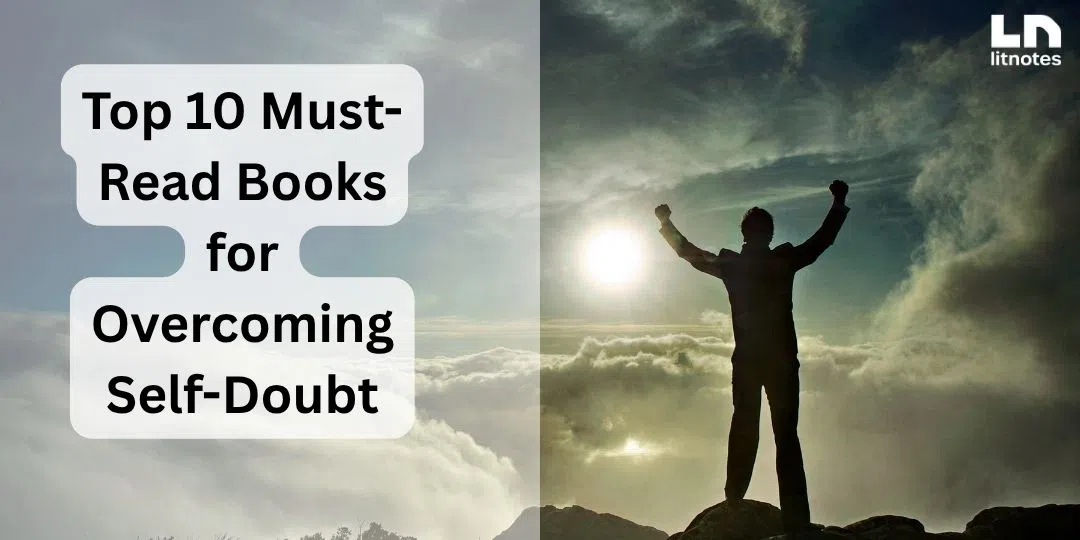
Top 10 Must-Read Books for Overcoming Self-Doubt
By Writely
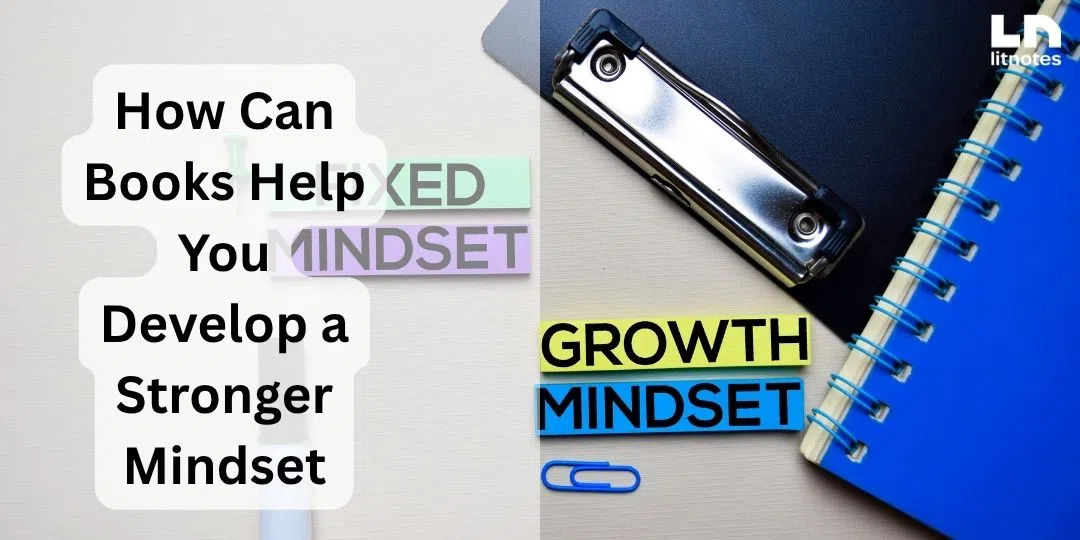
How Can Books Help You Develop a Stronger Mindset?
By Plottix
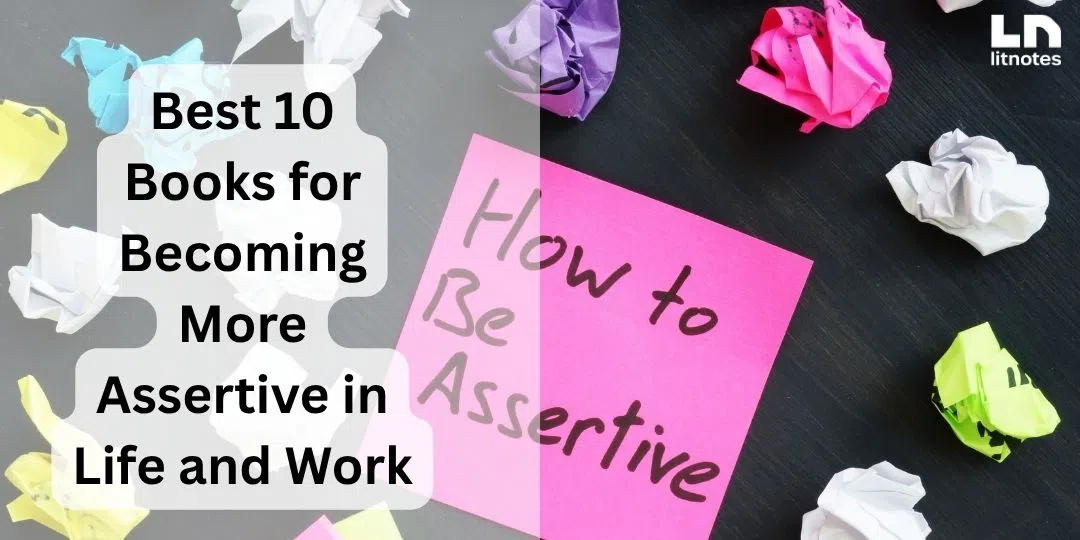
Best 10 Books for Becoming More Assertive in Life and Work
By Quotiva
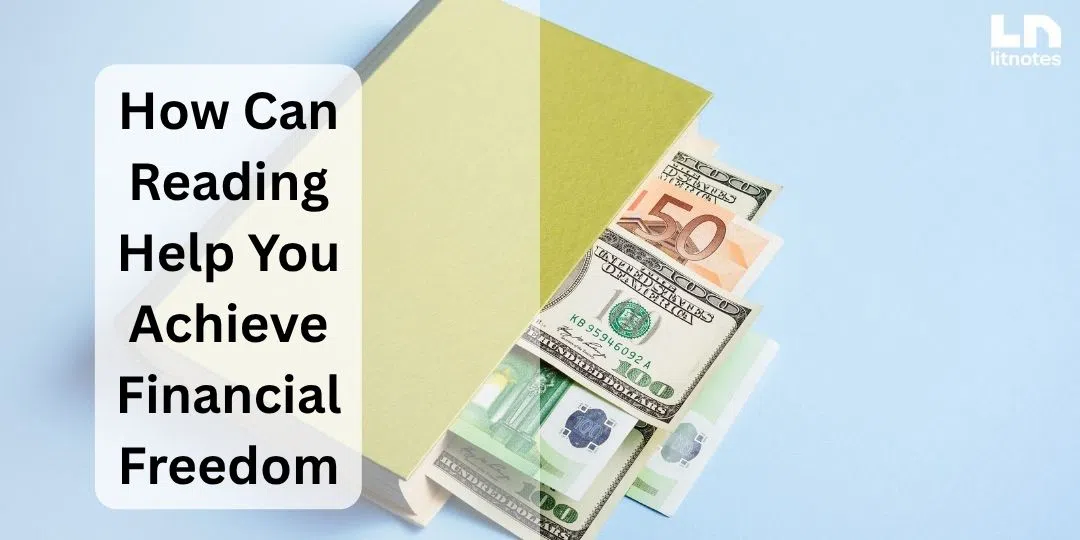
How to Gain Confidence Through Reading: 10 Recommended Books
By Lexell